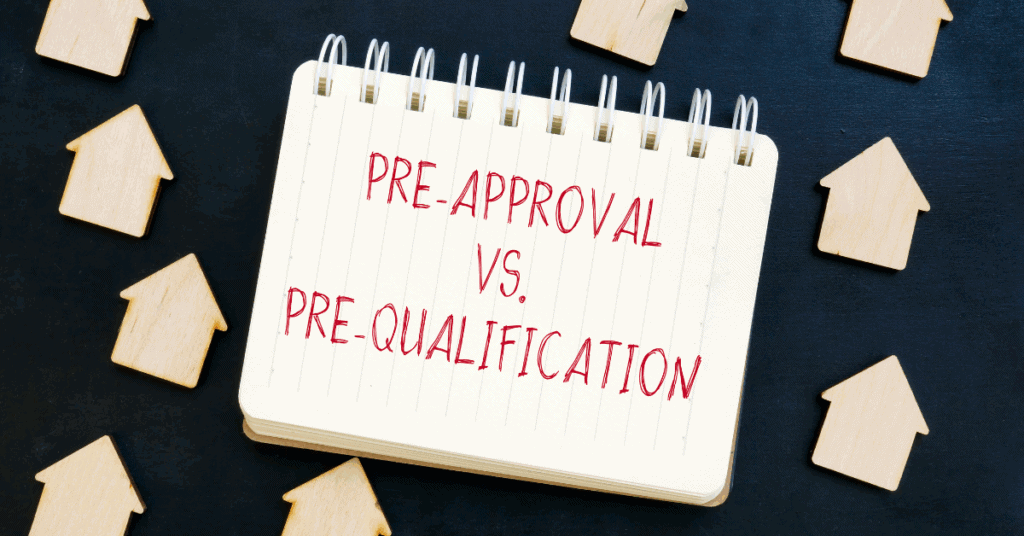Get Expert Financing
- Matched with investor-friendly lenders
- Fast pre-approvals-no W2s required
- Financing options fro rentals, BRRRR, STRs
- Scale your portfolio with confidence
Buying a home is one of the biggest financial decisions most people will make in their lifetime. If you’re planning to put down less than 20% on a home, Private Mortgage Insurance (PMI) is something you need to understand. This guide will walk you through what PMI is, why it exists, how much it costs, and most importantly, how you can potentially avoid it.
Private Mortgage Insurance (PMI) is a type of insurance that protects the lender—not you—in case you default on your home loan. Lenders typically require PMI if your down payment is less than 20% of the home’s purchase price. It minimizes their risk in high loan-to-value (LTV) scenarios.
The primary reason lenders require PMI is to protect themselves. If a borrower defaults and the home goes into foreclosure, PMI helps the lender recover part of the loan amount. This risk mitigation makes lenders more comfortable approving loans for buyers with smaller down payments.
PMI can cost anywhere between 0.3% to 1.5% of your original loan amount annually, depending on:
If you have a $300,000 loan and your PMI rate is 1%, your annual PMI cost would be $3,000, or $250 per month.
Wondering how PMI will affect your mortgage payments? Use our Mortgage Calculator to run the numbers.
There are several PMI options, each with different pros and cons:
Not sure which PMI option is best for you? Connect with a mortgage advisor to explore your options.
The most straightforward way to avoid PMI is to make a 20% down payment.
Also known as an 80-10-10 loan, this involves:
This structure avoids PMI but often comes with higher overall costs and more complexity.
Learn more about FHA loans and VA loans to see if you qualify.
You can ask your lender to cancel PMI when:
By law, lenders must automatically terminate PMI when your LTV reaches 78%, provided you’re current on your payments.
It can be, depending on your income and whether the deduction is extended by Congress. Check with a tax professional for the latest rules.
Yes, if your LTV is above 80% on a conventional refinance, PMI may apply.
Yes. Making extra mortgage payments or increasing your home’s value through improvements can speed up equity growth, allowing you to request PMI cancellation sooner.
Looking to expand your mortgage knowledge? Check out these helpful guides:
PMI may seem like an unnecessary burden, but it can be the key to unlocking homeownership for many buyers. Understanding how it works—and how to manage or avoid it—puts you in a stronger financial position. By planning strategically, you can minimize PMI’s impact or eliminate it altogether.
Our advice is based on experience in the mortgage industry and we are dedicated to helping you achieve your goal of owning a home. We may receive compensation from partner banks when you view mortgage rates listed on our website.

